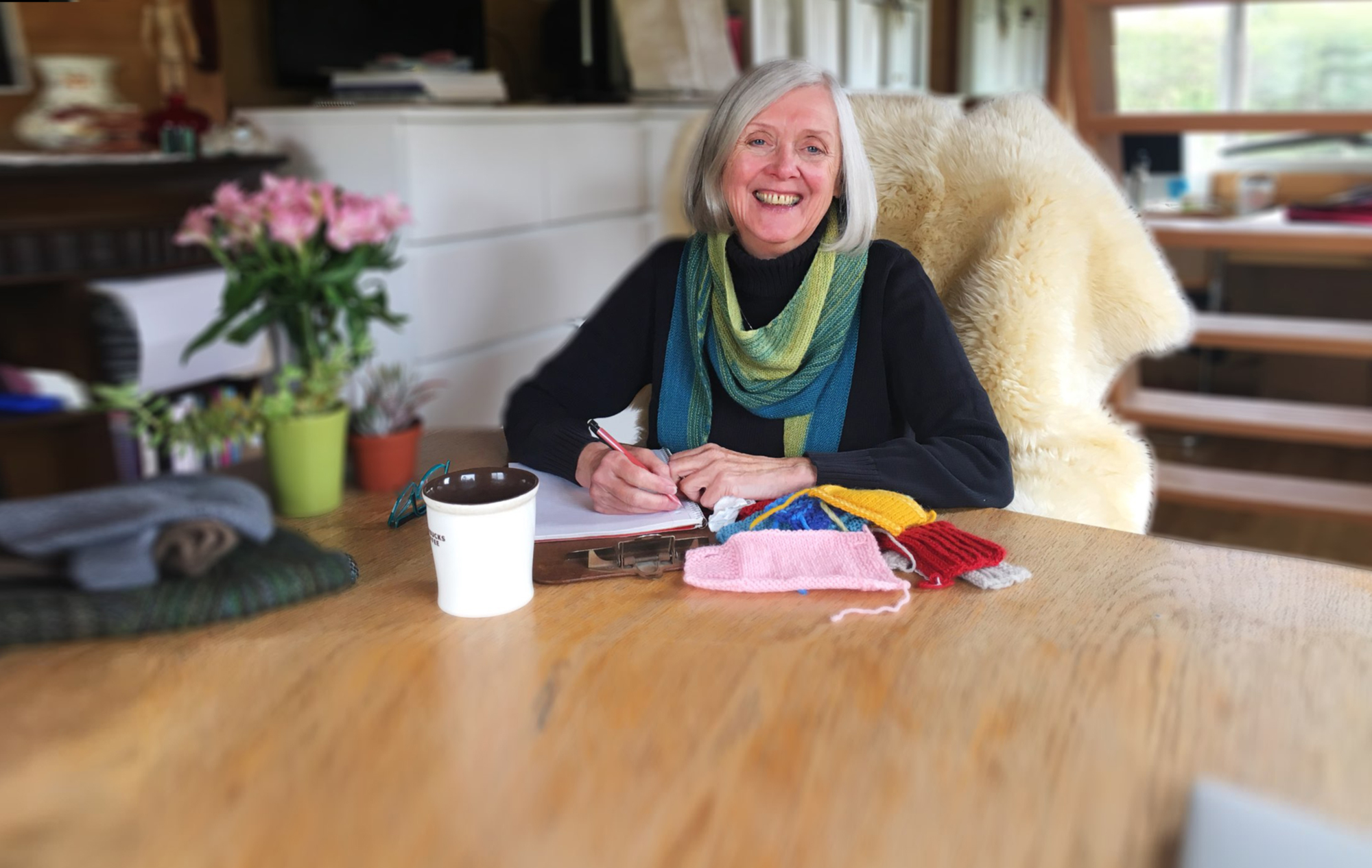Sexy title for a blog post, no?
In 1971 I taught at the Seoul American Middle School on the military base in Seoul, Korea. It was during the Viet Nam war. My students were, as a group, the most physically beautiful humans I’ve ever been among, mostly because many of them were ethnically mixed. A large number were Korean-American. Their mothers were Korean, their fathers American, most Caucasian, some African-American.
Many of their fathers were in Viet Nam and the children stayed in Seoul, living with and in their Korean families. And this caused a problem in the classroom.
My students who were of European descent complained that the Korean-American students smelled of garlic. My Korean-American students complained that those of European descent smelled like sour milk.
We talked about it and decided, in a respectful way, that they could sit on opposite sides of the room, but there was to be no name-calling or complaints and when we did a project that involved mingling, they would simply have to deal with it.
Just this morning I ran across this in a report from the Food Empowerment Project:
“According to the U. S. Department of Health and Human Services, ‘The pattern of primary lactose intolerance appears to have a genetic component, and specific populations show high levels of intolerance, including approximately: 95 percent of Asians, 60 percent to 80 percent of African Americans and Ashkenazi Jews, 80 percent to 100 percent of American Indians, and 50 percent to 80 percent of Hispanics. Lactose intolerance is least common among people of northern European origin, who have a lactose intolerance prevalence of only about 2 percent.'”
Even though I have northern European background, I haven’t drunk cow’s milk in years. I don’t particularly like it and ever since the advent of rBST, I’m careful to choose dairy products from animals that haven’t been treated with it.
There is a lot of energy going into improving the food we feed to our children at schools. Milk is a major staple of the National School Lunch program. Here we have an opportunity to change public policy based on research. What a novel idea!
